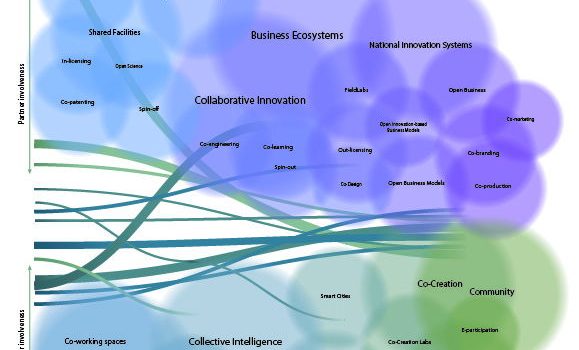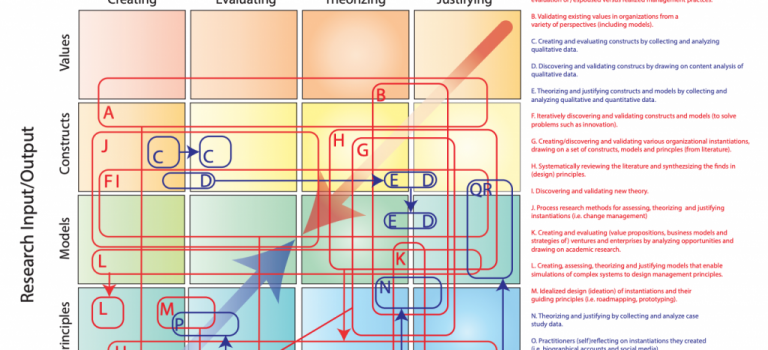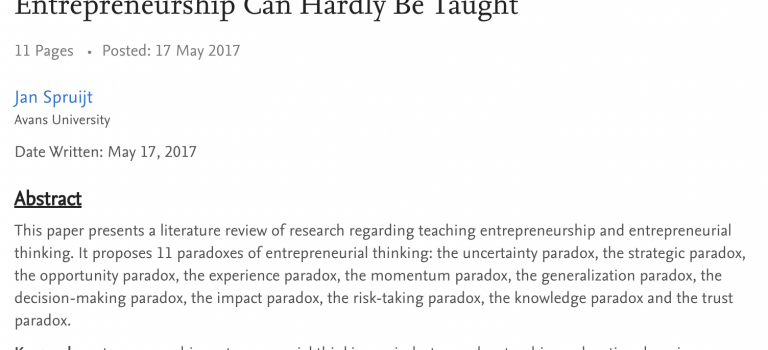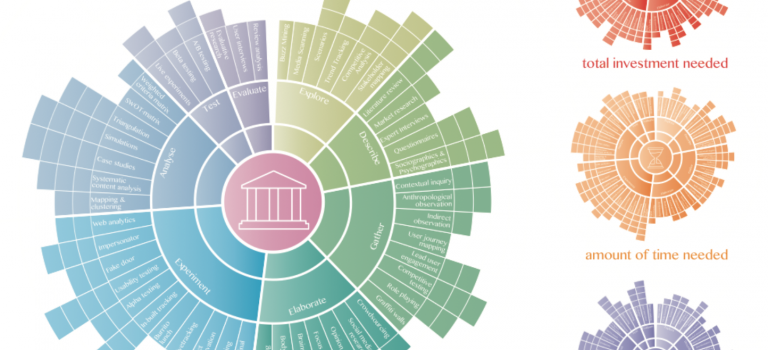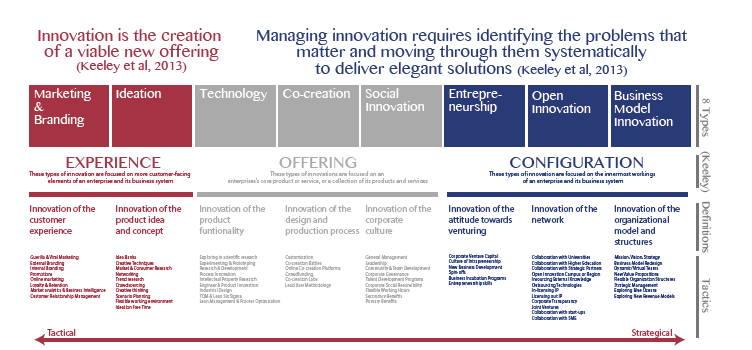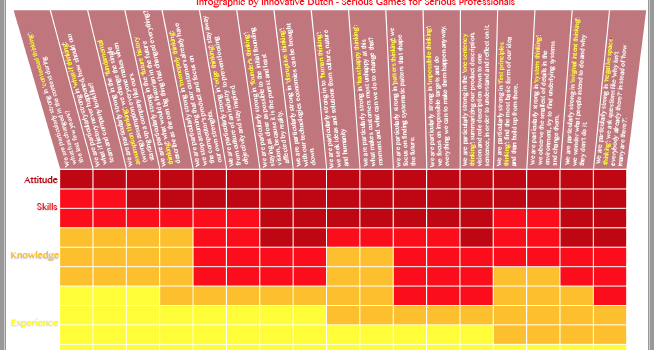In 1990 Kurzweil instantly incubated the way we think about Artificial Intelligence (AI) with his work The Age of Intelligent Machines. While there is now, almost 30 years later, still a long road ahead of us, the technology readiness level of AI is getting significantly closer and many applications are trying to implement AIs state-of-the-art features and starting to accelerate the creation of the Smart Business: AI-enabled organizations that thrive digitally, are hyperconnected (both digitally and physically), use machine learning and cognitive techniques to work smarter and that are increasingly becoming autonomous organizations. In his 2016 book the Fourth Industrial Revolution Klaus Schwab mentions 6 basic technologies that are based on AI and currently impacting business: 1) the Internet of Things (IoT), 2) Autonomous Vehicles, 3) Advanced Robotics, 4) 3D-printing, 5) new materials and 6) the biological revolution.
Read more
